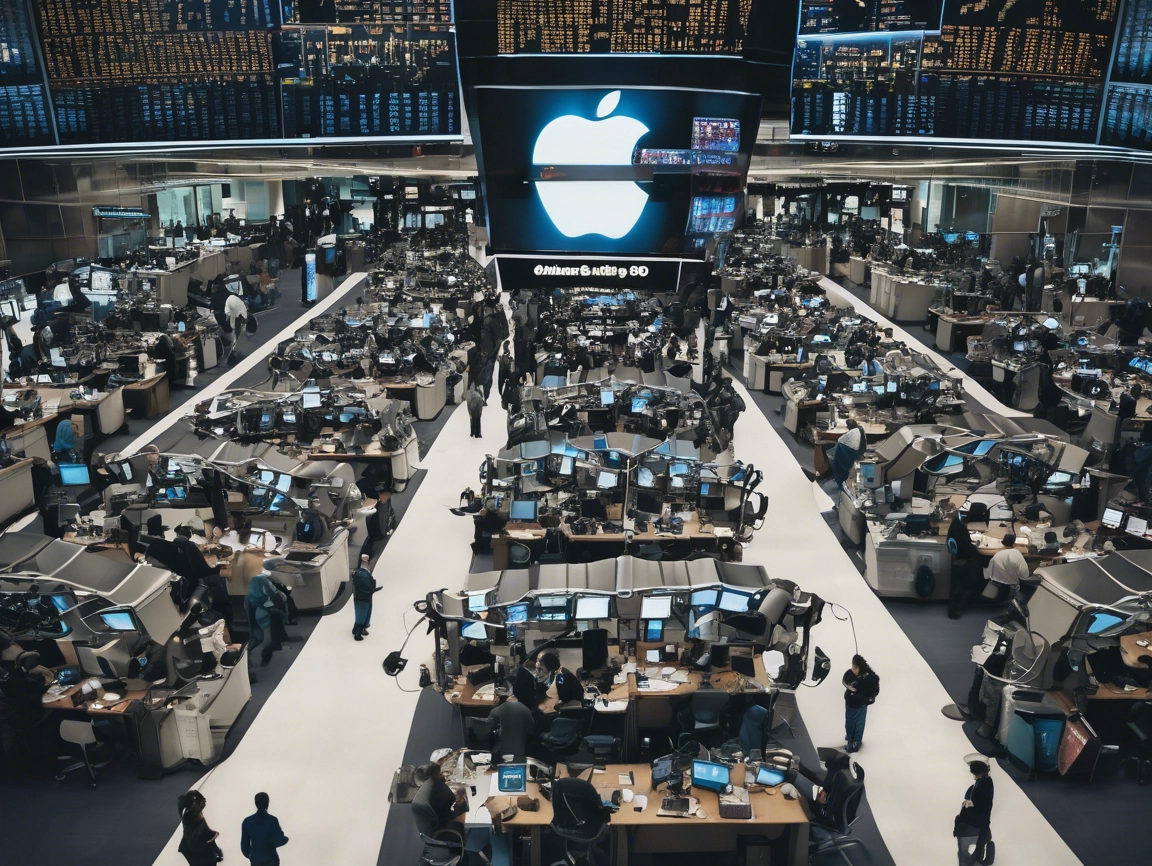Cap Puckhaber, Reno, Nevada
In recent discussions surrounding the future of U.S. financial markets, the idea of 24-hour stock trading has emerged as a topic of serious consideration. The Securities and Exchange Commission (SEC) is exploring whether U.S. stock markets should operate around the clock. This includes the New York Stock Exchange (NYSE) and NASDAQ. Proponents argue that such a shift would bring flexibility. It would modernize the market to align with global trading hours. However, there are significant concerns about the mental and financial health implications. This is especially concerning for those already vulnerable to addiction-like behaviors. In particular, the rise of sports gambling, enabled by mobile apps and online platforms, provides a cautionary tale of how easily accessible “always-on” markets can contribute to compulsive behavior and financial instability.
The Push for 24-Hour Trading
The concept of 24-hour stock trading isn’t entirely new. Many global markets, particularly in Asia and Europe, already operate outside traditional U.S. market hours. Additionally, technological advances in trading platforms and the rise of algorithmic trading have led to an environment where many U.S. investors are already accustomed to trading in off-hours through electronic networks. However, the SEC’s proposal would take things to the next level by allowing the NYSE and NASDAQ to operate continuously, providing U.S. investors with round-the-clock access to the markets.
Supporters of 24-hour stock trading argue that this would bring several advantages. It would allow investors to react in real time to global news. They could respond to geopolitical shifts and economic data occurring outside of traditional U.S. market hours. For instance, earnings reports, major international events, and sudden market developments could be addressed as they occur, leading to more efficient and immediate price discovery. In a world that never sleeps, advocates argue that U.S. stock exchanges should align with the 24-hour nature of modern economies, where decisions, investments, and information flow non-stop.
Potential Market Impact: Efficiency vs. Volatility
The primary benefit of extending market hours would be the potential for greater liquidity and faster responses to market events. More trading hours mean that prices could adjust more quickly to new information. This change would reduce volatility. It would also create opportunities for investors to react to developments instantly. It could also provide additional opportunities for trading, especially for international investors who have been seeking more accessible entry points into the U.S. markets.
However, there are significant drawbacks that need to be considered. One potential issue is the increased risk of speculative behavior. With markets open all day and night, investors may feel compelled to trade continuously. This can happen even when they lack adequate information or when market conditions are uncertain. The constant pressure to be “always on” could worsen the tendency for impulsive and emotional trading. This leads to erratic price movements. This could be particularly dangerous for individual investors who may not have the experience or resources to handle such a fast-paced, around-the-clock environment.
For retail investors, this type of non-stop trading could be overwhelming. The emotional toll of watching markets move continuously might create a sense of urgency to always be trading, even if it’s not in their best interest. This could drive individuals to take on more risk than they’re comfortable with, leading to potentially harmful financial decisions.
Mental Health and Financial Health Concerns
While the technological and efficiency benefits of 24-hour stock trading are clear, deeper concerns exist about its impact on the mental health of certain investors. There are also worries about their financial stability. The pressure to remain engaged with the market at all hours could worsen psychological issues related to trading. These issues include anxiety and impulsive behavior. Investors who are already prone to stress might feel increasingly overwhelmed by the constant need to monitor the market, potentially leading to burnout, anxiety, and poor decision-making.
This issue is particularly worrisome when considering the rise of gambling addiction, a phenomenon that has grown with the increasing accessibility of online sports betting. Over the past decade, sports betting apps have become incredibly popular, particularly among younger individuals. Studies show that the availability of gambling apps has contributed to a rise in addiction. This is driven by the constant accessibility of these platforms. They offer instant gratification. A key similarity between sports betting and trading is the dopamine rush. It comes from the immediate feedback of placing a bet or making a trade. This connection is what makes 24-hour trading such a potential risk for individuals vulnerable to addiction-like behavior.
The Risk for Gambling Addicts: Trading as a Compulsive Behavior
Research has shown that gambling addiction is closely tied to a dopamine imbalance in the brain. When individuals engage in activities like sports betting or trading, the rush of making a trade or placing a bet triggers the release of dopamine, creating a cycle of reward and excitement. For individuals struggling with gambling addiction, the introduction of 24-hour trading could lead to an increase in compulsive trading behavior, driven by the same triggers that fuel gambling.
If stocks and options become as accessible as sports betting, individuals could find themselves trapped in a cycle of compulsive behavior. The need to feel the high of making another trade could lead to poor financial decisions, emotional distress, and financial instability. In some cases, this could deepen existing mental health struggles. It can make it even more difficult for individuals to break the cycle of addiction.
A Cautionary Tale: Balancing Innovation with Protection
The increasing availability of 24-hour trading has the potential to transform the financial landscape. However, it also brings a responsibility to protect vulnerable individuals from the negative impacts of compulsive trading. The SEC must carefully weigh the benefits of greater flexibility and efficiency against the risks of exacerbating mental health issues, particularly for those already prone to addictive behaviors.
Ultimately, the goal should be to strike a balance between innovation and safeguarding investors. The introduction of 24-hour trading should not come at the expense of individual well-being. As the SEC continues to evaluate this proposal, it will need to consider ways to mitigate these risks. It should implement safeguards to protect individuals from compulsive trading. It should also educate investors about responsible trading habits. Additionally, offering resources for those struggling with addiction is important.
In conclusion, while 24-hour trading could offer significant benefits for the market, the broader implications for mental health should not be overlooked. Financial stability and addiction are also important considerations. A thoughtful, measured approach is essential to make sure that the future of investing doesn’t come at a cost to individuals’ well-being.
This post is brought to you by Simple Finance Blog, hosted by Cap Puckhaber of Black Diamond Marketing Solutions. Join us as we break down complex financial topics in simple terms to help you make informed decisions.
Read about the latest in mortgage rates here
More blogs:





Leave a Reply